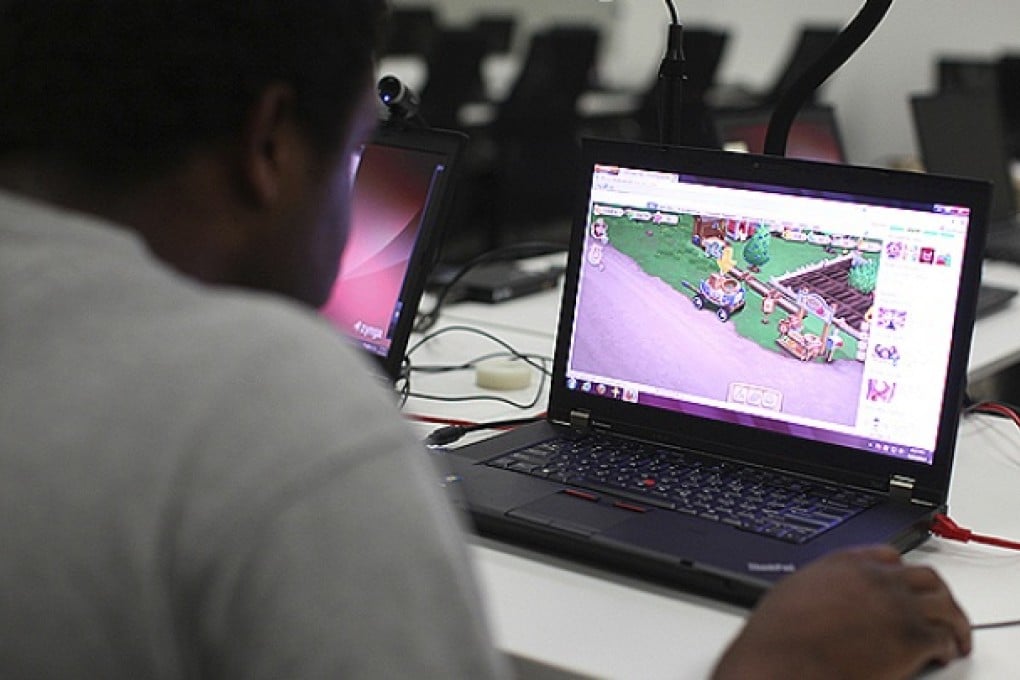Night-time technology use is bad for your health, sleep doctor warns
Artificial light from handheld devices can disrupt sleep patterns, leading doctor warns

Watching television or using computers, tablets or smartphones after dark may cause sleep loss and resultant health problems, a leading doctor has warned.

The warning, from Charles Czeisler, director of sleep medicine at Brigham and Women's Hospital in Boston in the US, comes as a growing range of portable devices make it easier to surf the web, read books and check social media on glowing gadgets at any time of night.
Artificial light can prevent a good night's rest by dampening down the activity of neurons that bring on sleep, activating those for wakefulness, and suppressing the sleep hormone, melatonin. Together these push back the natural clock that controls the body's sleep-wake cycle.
"As a result, many people are still checking e-mail, doing homework, or watching TV at midnight, with hardly a clue that it is the middle of the solar night," Czeisler writes in the journal, . "Technology has effectively decoupled us from the natural 24-hour day to which our bodies evolved, driving us to bed later. And we use caffeine in the morning to rise as early as we ever did, putting the squeeze on sleep."
Reliable trends on sleep behaviour are hard to confirm, but a survey published last year of workers in Britain claimed that 5 per cent slept no more than five hours a night. After a survey in the US suggested that nearly 30 per cent of respondents were sleeping no more than six hours a night, the Centres for Disease Control and Prevention said insufficient sleep was a "public health epidemic".
